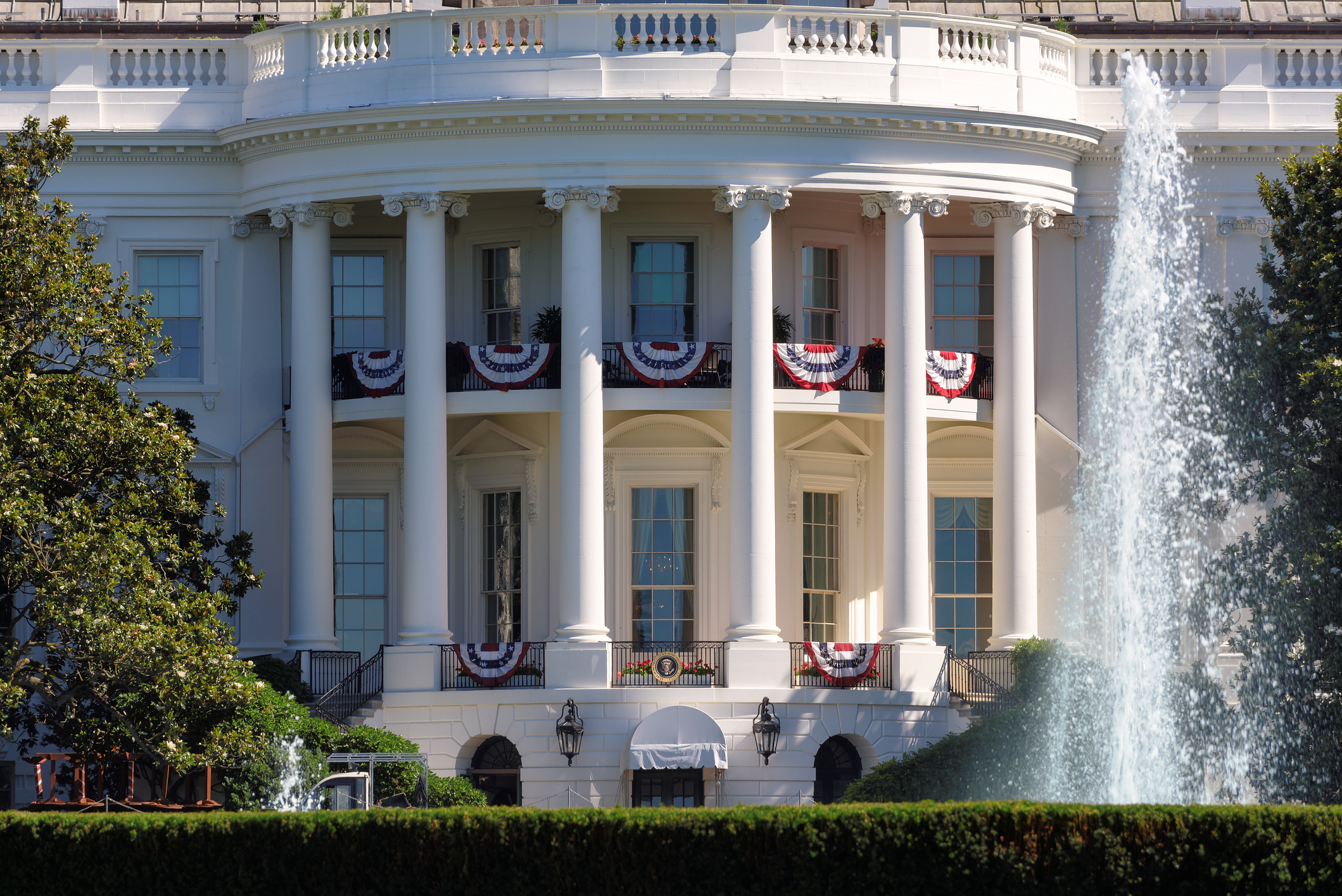
President Trump’s “one-in, two-out” mandate is irrational and violates the Constitution.
Soon after taking office, President Donald Trump issued an unconstitutional executive order requiring administrative agencies to repeal at least two regulations for each new regulation they create. The Natural Resources Defense Council, Public Citizen, and the Communications Workers of America, working with Earthjustice, have sued to block this illegal action.
This executive order has provoked less of a public outcry than many of President Trump’s others, but it may be the most far-reaching and damaging of any he has issued. It affects every area of government policy and hamstrings most federal agencies. It also amounts to a potentially devastating anti-environmental policy—hampering the government’s ability to ensure we have clean air, drinkable water, and safe food, among other vital protections.
The order will make it difficult, if not impossible, for agencies to promulgate new regulations as new environmental problems emerge, or as science makes it clear that our existing protections are inadequate.
Like other Trump Administration policies, his executive order on regulations is not a narrowly tailored reform designed to address specific problems or restore balance. It is a blunderbuss that shoots down the entire regulatory system—a system that has long and effectively protected Americans.
The President issued this order with little regard to law, science, or practical policy.
In terms of law, the order is unconstitutional, as we allege in our complaint. The President is directing agencies to violate the Administrative Procedure Act and a wide range of other laws that govern the way government agencies develop and put forth regulations. Those laws do not contemplate—or permit—the kind of tradeoff between existing and new regulations called for by President Trump’s order. Instead, legislation directs agencies to confront specific concerns, such as air pollution.
One of the most serious issues is that the order looks at regulations only through the lens of compliance costs. It utterly ignores benefits, which are, after all, the whole reason to put regulations in place. Indeed, the focus on compliance costs is so narrow that the order does not even seem to take into account compliance costs that directly pay for themselves, such as efficiency standards that, on balance, cut costs.
If you followed the logic of the order in your own life, you would never buy anything because products cost money. So you would not invest in a car, a house, or a college education, even though the benefits of such products are unquestionable. Those benefits would be irrelevant in your calculation.
The executive order considers only industry’s complaints about the cost of regulations; it never factors in the cost to the public of the government’s failing to act. As far as the executive order is concerned, the negative impacts of, say, air or water pollution, or climate change, simply do not exist. The order completely ignores the concept of an “externality.”
Yet, the Clean Air Act, to take one example, has averted an estimated 230,000 preventable deaths, 120,000 emergency room visits, and 17 million lost days of work or school every year, according to the U.S. Environmental Protection Agency. That has saved the country up to $2 trillion. Those benefits amount to 30 times as much as it has cost to comply with our clean air laws.
The executive order defies logic in another key way as well. Issuing a new regulation does not mean an existing one is no longer necessary. Society needs new regulations when new research or experience points out new problems—new pollutants, new products, new fraudulent schemes.
When scientists learned that asbestos was dangerous, their discovery did not make lead or mercury less dangerous. Existing problems do not magically vanish just because a new problem emerges.
The damage that President Trump’s executive order would inflict on society is inexcusable because it is so unnecessary. When a rule is outdated, superfluous, or otherwise unnecessary, an agency or Congress can, through established procedures, rescind it anytime it chooses. President Barack Obama already required agencies to review past rules to ensure they are still needed and tailored to the problem they were designed to solve. The Trump Administration can use existing authority to make sure our current rules still make sense and eliminate the ones that do not implement what Congress intended. Or, if existing regulations have more fundamental problems, the Administration can try to get Congress to amend the underlying statutes.
What is at stake here is not a dry or narrow legal dispute. The fundamental legal question is whether a president can unilaterally run roughshod over an entire body of law. The regulatory process may have its flaws, but it has a thoughtful and clear basis in law. Agencies are required to deliberate and make judgments to solve specific problems, identified by Congress, after an exhaustive public process. Agencies’ regulatory decisions can then be reviewed by the courts. This sensible, effective scheme should not be overthrown on a President’s whim.
Beyond that, President Trump’s executive order will have real consequences for the daily lives of Americans. It will make it harder to protect the public by making it far more challenging to issue new regulations, and it creates incentives to repeal existing regulations, even ones that still protect the public.
Under President Trump’s order, it will be more difficult to limit pollution, protect consumers, safeguard our food supply, guard against financial abuses, and curb corporate actions that impose costs on the public.
President Trump’s order is irrational and unconstitutional, and the court should declare it invalid and unenforceable.
This essay is part of a four-part series, entitled A Debate Over President Trump’s “One-In-Two-Out” Executive Order.





